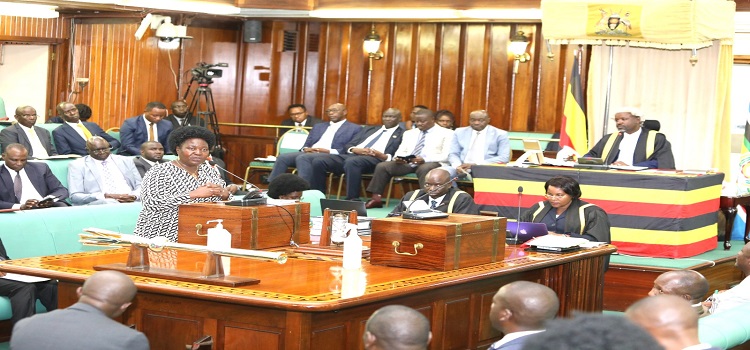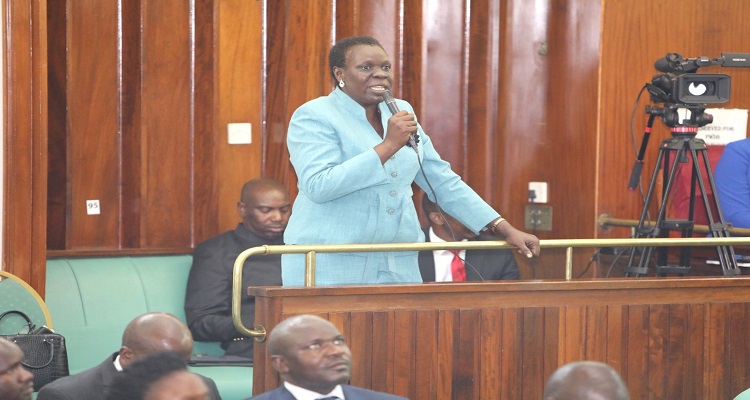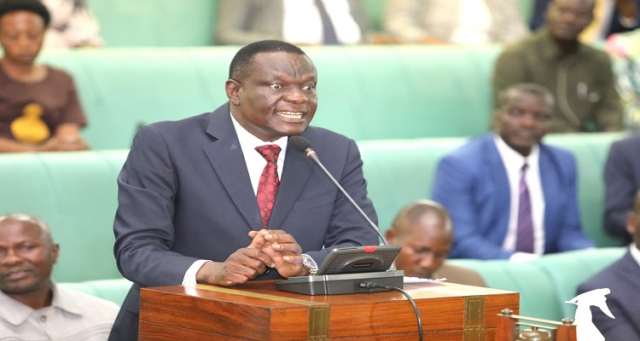
Members of Parliament have expressed frustration over continued delays in electricity connections despite the prerequisite infrastructure in their constituencies.
The legislators expressed their dissatisfaction after the Minister for Energy and Mineral Development, Hon. Ruth Nankabirwa, presented to the House, a statement on the status of electricity/power sub-sector during plenary on Tuesday, 10 October 2023 and chaired by Deputy Speaker Thomas Tayebwa.
According to Nankabirwa, power generation capacity has increased from 1,378.1MW to 1778.1 MW after technical commissioning of four units at Karuma, an expansion she says is a result of synchronisation of the 300MW from Karuma Hydropower Project.
“Plans are under way to update feasibilities studies for Ayago 840MW, Oriang 392MW and Kiba 400MW, in order to escalate electricity generation to meet
our demands,” she told incredulous MPs.
Additionally, she highlighted that electricity transmission, distribution, access and sub county connections have all soared, with only 433 sub counties yet to be connected.
However, MPs queried why there was continued existence of lines without connections, with many of them calling for the ministry’s urgent intervention.
Kashari South County MP, Hon. Nathan Twesigye, inquired why the ministry was dragging the issue of connections, yet the poles, lines and even transformers were already in place.

Hon. Jane Avur, the District Woman Representative for Pakwach, requested the ministry to prioritise transmission and distribution.
“The rural country side lacks transformers and most times sub counties, health centres and schools lack power. My prayer is that all sub counties get connected so that government programmes like the Parish Development Model are facilitated and implemented successfully,” she said.
Similarly, Hon. Felix Okot Ogong, the MP for Dokolo South County denounced the lag in connections, explaining that some lines have taken almost five years without connections and the wooden poles were even rotting away.
“From 2021, we have had nonfunctional lines and up to now there are no transformers. Added to this, the high cost of electricity is making businesses to shut down,” he said, adding, “You ran your factory for one week and you pay Shs20 million and a big factory almost Shs100 million. My people cannot afford.”
A section of members attributed the poor performance of learners in rural schools to the lack of electricity because the computers that were distributed by the education ministry to facilitate research and learning were not being used as there no electricity to power them.

The minister committed to examine the issues raised and pledged that districts that do not have electricity will be connected because it is in the government policy and implored members to inform the ministry on the existing electricity lines that have been dormant for over two years to ease planning and help to curb vandalism.






